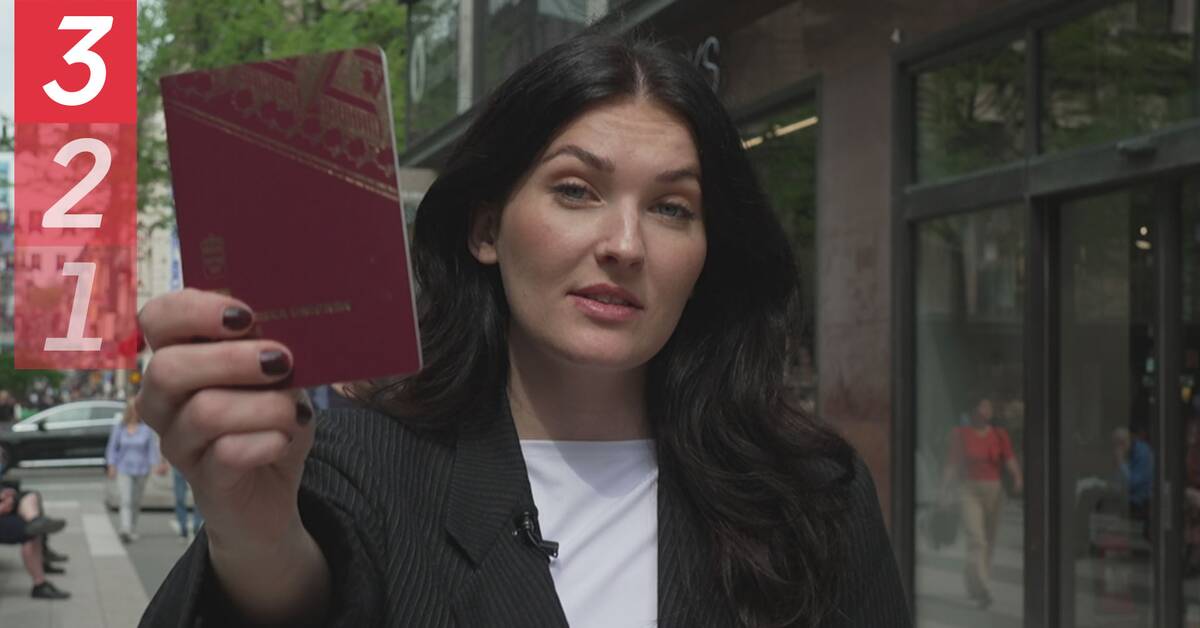The language and social knowledge requirement that was investigated under the January agreement, and which the government will implement, will bring Sweden closer to development in the rest of Europe – where several countries tightened their requirements in the 2000s.
But the government wants to go further, and has proposed a further investigation to tighten the requirements.
"None of these proposals are particularly dramatic in themselves, but it is unusual for a country to make all these demands at the same time," says Andreas Johansson Heinö, doctor of political science and publisher at the market-liberal think tank Timbro.
'No debate'
He thinks there is a lack of debate about the new policy:
"When the Liberal Party proposed rather mild proposals 20 years ago, there was strong opposition and they were accused of being xenophobic. Now we have quite radical proposals, not xenophobic but radical ones, which meet with almost no opposition at all.
If Sweden has been "record slack" in the past, isn't it reasonable to take it now instead of interfering in a European mainstream?
"If the purpose is to be a deterrent, then there is a point.
"But this is also in a context where the requirements for residence permits are already being tightened... The motives behind legislation are almost as important as how it is drafted. Is the purpose to facilitate people into society, or is the purpose to deter?
Minister: Shouldn't be too simple
The Government plans to make a decision on the terms of reference for the inquiry this summer.
"There is a legitimate interest in the fact that it cannot be too easy to become a Swedish citizen. It needs to be upgraded both legally and symbolically, the Minister for Migration recently said.

